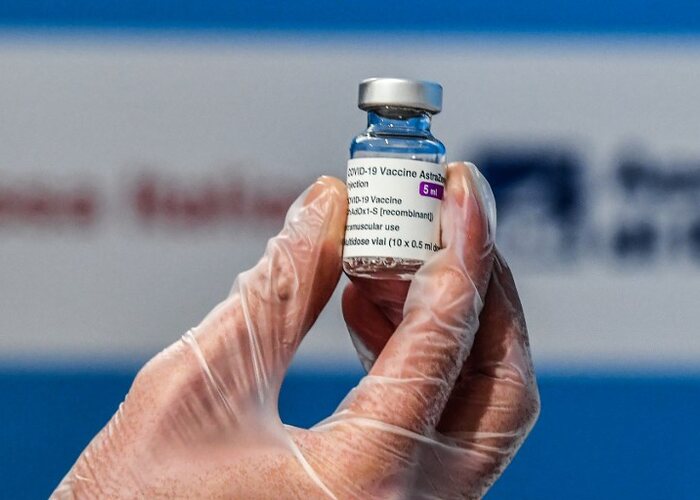The shortening of the waiting period between AstraZeneca's doses means that the final phase of Belgium's vaccination campaign can be accelerated and everyone should be fully vaccinated by mid-August, according to the Vaccination Taskforce.
People getting vaccinated with AstraZeneca's coronavirus jab will receive their second shot after eight weeks, instead of after 12, Belgium's health ministers decided on Wednesday.
"The time interval will be shortened by four weeks so that everyone can get their second shot by mid-August," a press release from the Taskforce stated.
Until now, the second dose of AstraZeneca's vaccine was given after 12 weeks, according to a decision made in February, which aimed to give the first dose to as many people as possible "with the then still very limited number of vaccines."
However, now that the number of vaccine deliveries has increased significantly, the time interval can be shortened, according to the Taskforce.
Related News
- Waiting time between AstraZeneca doses shortened to 8 weeks in Belgium
- Belgium introduces 'broad summer plan' to relax measures
- Yes to kissing, no to social distancing and face masks: Pukkelpop wants full-fledged festival
For people who have already had their first shot or whose vaccination appointment for the first shot has already been scheduled, nothing will change and their time slots cannot be rebooked.
Additionally, while recent studies show that a second dose after 12 weeks provides a "slightly higher protection" against mild Covid-19, shortening the interval to eight weeks provides "the same sustained protection in the longer term" against severe Covid-19.
Since the end of April, Belgium only administers AstraZeneca's vaccine to people over 40 years old, following an official decision to lower the previous minimum age limit of 56 across the country, due to the rare risk of blood clots.
During the press conference after the Consultative Committee on Tuesday, Prime Minister Alexander De Croo stressed that Belgium's "summer plan" to relax the rules over the coming months partly depends on the progress of the vaccination campaign.
Particularly for attending outdoor major events from 13 August, such as festivals like Pukkelpop or Tomorrowland, people will have to provide proof of vaccination or show a negative test result.
Additionally, the intention is to lift as many restrictions as possible from September, including for parties and events, providing that at least 70% of Belgian residents - the threshold for herd immunity - have been fully vaccinated by then.
“1 September is not only the start of a new school year, but also the day on which we can once again allow our social life to flourish," De Croo said.

